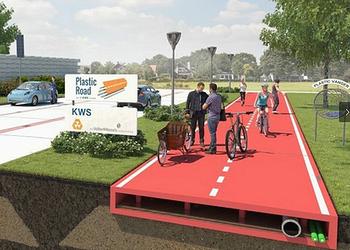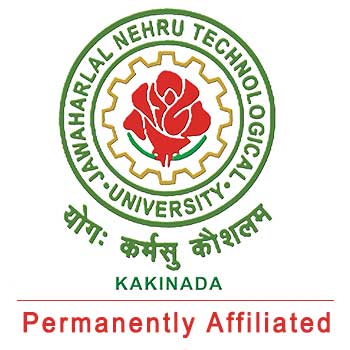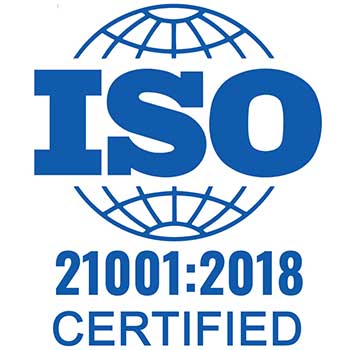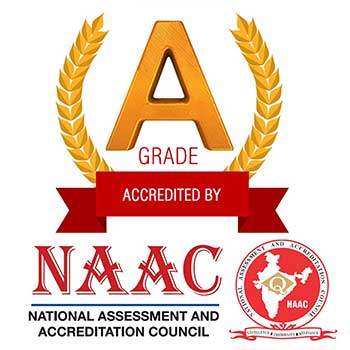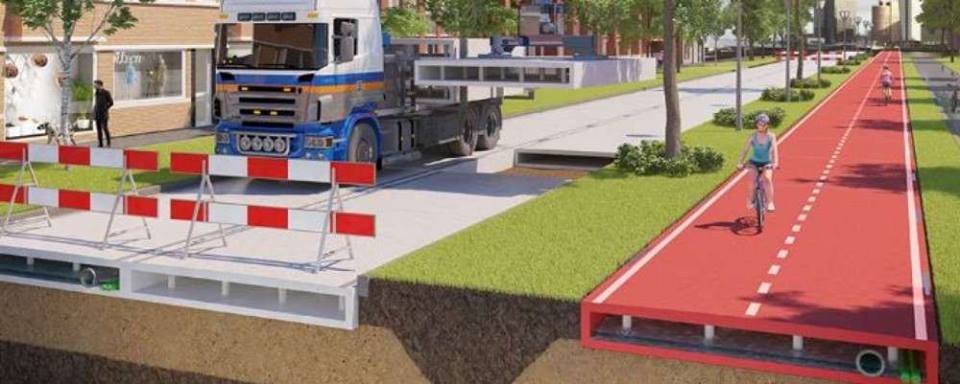Plastic Road: Improving the Durability and Lifespan of Roads
Plastic is one of the most commonly used products and which can be easily recycled. The plastic materials that are often being recycled into bottles, containers, bags, toys, and much more. But now, many companies are attempting to recycle plastic into something much larger — Roads. The first company that came with such an innovative idea is Volker Wessels which is a famous construction firm that is preparing to build a Plastic Road in Rotterdam.
While Volkwer Wessels Plastic Road is still a concept and which is yet to be implemented; but it's becoming quite popular in Holland, where 96 million tons of carbon dioxide are released into the air through road building and maintenance alone. Volker Wessels expects that the Plastic Road will reduce greenhouse gas emissions while making roads stronger and increasing their lifespan.
The use of plastic in road construction is not that new; while the recent studies in this direction have shown some sort of hope in terms of using plastic waste in road construction i.e. plastic roads. The recycled plastic is mixed with hot bitumen, then the plastics melt to form an oily coat over the aggregate and the mixture is laid on the road surface like a normal tar road.
The Indian Centre for Plastics in the Environment (ICPE) has been promoting the use of plastic waste to construct asphalt roads and few trial roads have been paved successfully by combining waste plastic with bitumen.
Major Pitfalls
- Disposal of waste plastic is a major problem
- It is non-ecological
- Burning of these waste plastic cause environmental pollution
- It mostly consists of low-density polyethylene
Advantages of using plastic in constructing roads
- The stronger road will increased the Marshall Stability Value
- Have better resistance towards rainwater and water stagnation 18
- No stripping and no potholes
- Plastic roads increase binding and better bonding of the mix
- You will have reduction in pores in collective and hence less rutting and raveling
- No effect of radiation of UV
- The strength of the road will be increased by 100%
- The load of withstanding property increases and in turn it helps to satisfy today’s need for increased road transport
- To make 1km X 3.75m road, 1 ton of plastic almost 10 lakh carry bags are used, and 1 ton of bitumen is saved
- Value addition to the recycled plastics (cost per kilogram increased between Rs 4 to Rs12)
- The cost of road construction will also be decreased
- The maintenance cost of the road will remain almost nil
- Disposal of waste plastic will no longer be a problem
- The use of waste plastics on the road will help to provide the better place for burying the plastic waste without causing disposal problem
- Employment for unskilled laborers will be also be generated
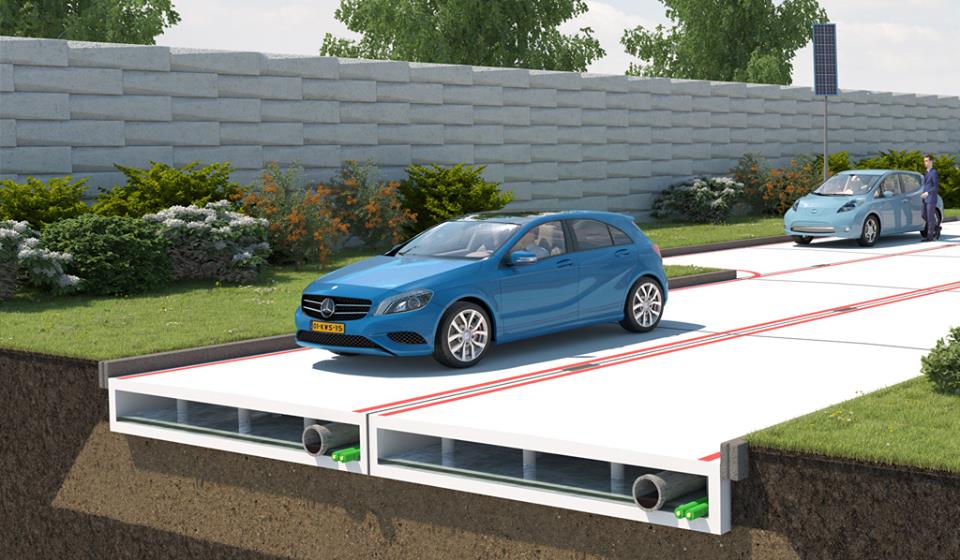
If we see today the plastic waste treatment is largely hazardous to the environment as most of the plastic is burnt resulting in the release of toxic gasses in the environment. By if this is done properly and effectively managing the collection, separation, and processing of waste plastic, then for sure we can get control on the environmental damages and it can also be limited by eliminating the waste from the streets. In favor, we can also have international standard roads and pavements which are litter free. Here are economies and advantages which would ensue to various communities if the plastic road project is implemented on a wide scale.
MSWM - Municipal Solid Waste Management
Households and other unit wrap all garbage in plastic bags and dispose of them. While the non-biodegradable plastic bags acts as a casing on the trash preventing it from being rehabilitated into compost. However, only 20% of the MSW is converted into compost at present. This can be considerably increased by 80 to 85% and even more by systematically managing the plastic waste.
Farming Community
This is one of the foremost areas that directly benefits the agriculture. We know that only 20% of MSW is converted into compost; and this can be converted more from the MSW is segregated, and farmers have a option to directly purchase from MSWM if plastic separated.
National Economy
- Cumulative benefits to the National Economy
- Employment generation
- Environmental
- Increase in Agricultural efficiency
When the life of a road is doubled, then the savings that accrue to the national exchequer will be in thousands of crores. Segregating the plastic from the MSW at the municipal yard involves the application of resources, the cost of which runs into crores of rupees. However if we see a substantial amount can be saved.
Disadvantages of Plastic Roads
- Cleaning process- Toxics present in the co-mingled plastic waste would start leakage.
- During the road laying process- the presence of chlorine will release noxious HCL gas.
- After the road laying- It is opined that the first rain will trigger leaching. As the plastics will merely form a sticky layer, (mechanical abrasion).
- The components of the road, once it has been laid, are not inert.
